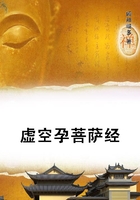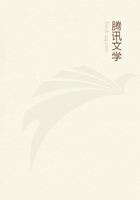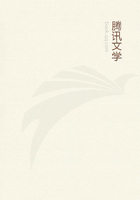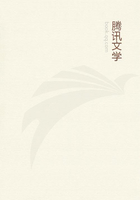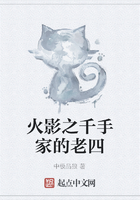As philosophical Radicalism sank into impotence,Mill's occupation as its advocate was gone.He now again became a recluse.For many years he withdrew altogether from London society.This was obviously due in part to the connection to which he ascribed the greatest possible importance.The 'most valuable friendship of his life,'as he calls it,had been formed in 1830with Mrs Taylor,who was two years his junior.Her husband was a man in business,(43)a 'most upright,brave,and honourable man,'according to Mill,and regarded by her with the,strongest affection,through life.(44)Taylor was,however,without the tastes which would have qualified him to be a worthy intellectual companion for his wife.In this respect Mill was greatly his superior;and his intimacy with Mrs Taylor rapidly developed.He dined with her twice a week,her husband dining elsewhere.She was an invalid for many years,and had to live in country lodgings apart from her husband.He travelled with her on the Continent during his illness of 1836.Although Taylor himself behaved with singular generosity,and Mill himself states that his own relation to Mrs Taylor was one of 'strong affection and confidential intimacy only,'the connection naturally provoked censure.His father bluntly condemned him for being in love with another man's wife.His mother and sisters disapproved,and were finally estranged by his marriage in later years.(45)Mrs Grote gave him up,apparently upon this ground,although he continued his intercourse with Grote.Roebuck states that a remonstrance which he imprudently made to Mill led to the cessation of their friendship,which Mill attributes (with less probability)to differences of opinion as to Byron and Wordsworth.(46)Mill,who worshipped Mrs Taylor as an embodiment of all that was excellent in human nature,resented such disapproval bitterly;any reference to Mrs Taylor produced excitement,and he avoided collisions with possible censors by retiring from the world altogether.On giving up the Westminster Review,he could,as he put it,(47)indulge the inclination,'natural to thinking persons when the age of boyish vanity is once past,for limiting his own society to very few persons.'Englishmen,as he says in his customary tone of disapproval,consider serious discussion as 'ill-bred,'and have not the French art of talking agreeably on trifles.Men of mental superiority are,almost without exception greatly deteriorated,if they condescend to join in such society.
The 'tone of the feelings is lowered,'and they adopt the low modes of judgment which alone can meet with sympathy.When the character,moreover,is once formed,agreement on cardinal points is felt to be a necessary condition of 'anything worthy the name of friendship.'Mill accordingly shut himself up in his office,and except occasional intercourse with Grote,Professor Bain.and a few others,lived as a solitary or sat at the feet of his Egeria.His admirers,who were soon to be a rapidly increasing class,heard generally that a sight of him was a rare privilege,scarcely to be enjoyed except at meetings of the Political Economy Club.There the conversation turned upon sufficiently solid topics.Whether a life of seclusion be really wise is a topic for an essay.Mill's unequivocal condemnation of the society of which he had so little experience may appear to be censorious.A philosopher may be as austere as a religious Puritan;and Mill might have been a wiser man had he been able to drop his dignity,indulge in a few amusements,and interpret a little more generously the British contempt for high-flown sentiment.His incapacity for play,as he admitted to Comte,was a weak side of his character.Sydney Smith was for a short time (1841-43)a member of the Political Economy Club,and there met Mill on two or three occasions.One would like to know what impression they made upon each other,and especially what Mill thought of the jovial,life-enjoying,and sociable parson.
Probably,one fears,he would have taken the superabundant fun of the canon as one more proof of the frivolity of British society,and set his colleague down as a mere sycophant and buffoon.Iwill not compare the merits of such opposite types.If Mill's retirement is indicative of some weakness,it must also be admitted that it was also dictated by a devotion to great tasks requiring and displaying remarkable strength.He now set to work vigorously,and in the course of the next few years produced his most elaborate and important works.

